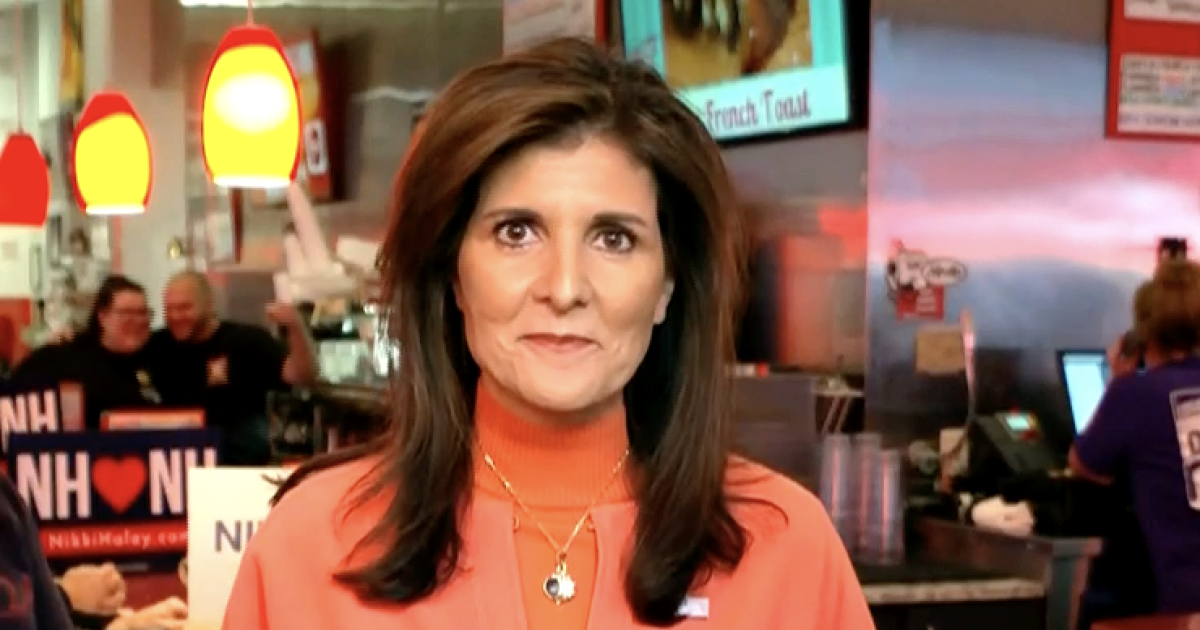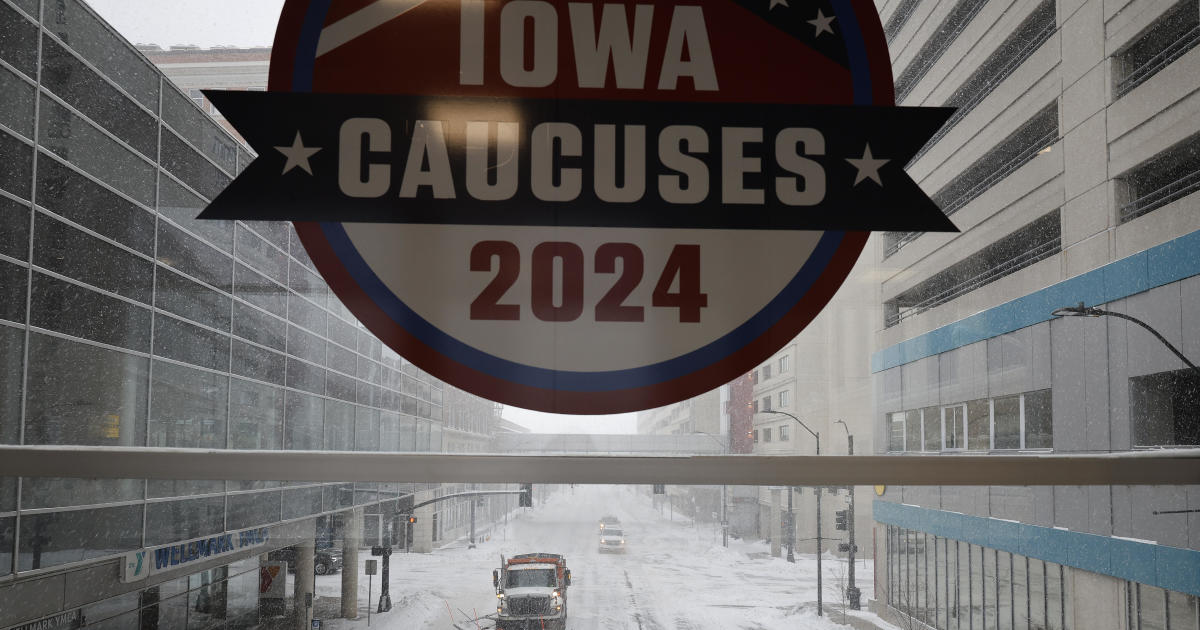FDA and CDC sign off on new COVID vaccines. Here's what to know about the updated shots for fall 2023.
Updated COVID-19 vaccine shots are expected to be available nationwide as soon as Sept. 13, after a panel of the Centers for Disease Control and Prevention's outside vaccine advisers voted by a wide majority to back new shots retargeted for newer variants ahead of the fall virus season.
The CDC panel's vote comes after the FDA approved and authorized the new shots from Moderna and Pfizer on Monday, amid an increase in COVID hospitalizations and concern about the spread of several new variants.
"CDC is now recommending updated COVID-19 vaccination for everyone 6 months and older to better protect you and your loved ones," CDC Director Dr. Mandy Cohen said in a release after signing off on the panel's recommendations.
The CDC committee voted in favor of "universal" recommendations for the shots to all Americans who are eligible, after weighing data and modeling backing the need for the new shots.
"The public can be assured that these updated vaccines have met the agency's rigorous scientific standards for safety, effectiveness, and manufacturing quality. We very much encourage those who are eligible to consider getting vaccinated," Dr. Peter Marks, director of FDA's Center for Biologics Evaluation and Research, said in a news release announcing the move.
The FDA said it greenlighted at least one dose of the updated vaccines for Americans as young as 6 months old.
"We expect this season's vaccine to be available in the coming days, pending recommendation from public health authorities, so people can ask their doctor about receiving their COVID-19 vaccine during the same appointment as their annual flu shot," Albert Bourla, chairman and CEO at Pfizer, said in a statement.
The new shots are similar to previously approved formulas but were updated to target the XBB variants — strains of the virus descended from the original Omicron variant — which became dominant last winter.
Newer descendant strains have since emerged, though vaccine makers have announced early findings suggesting their shots will also work for the latest strains on the rise.
"We've been able to demonstrate, in a clinical study, that robust neutralizing antibody titers are induced against XBB.1.5, closely related variants such as XBB.1.16, and more distant variants, including EG.5.1, FL.1.5.1 and BA.2.86," Moderna's Frances Priddy told the panel Tuesday, presenting the company's findings.
The new COVID-19 shots come as health authorities have been gearing up for a campaign to promote other new vaccines now available for RSV, or respiratory syncytial virus, in addition to the annual seasonal influenza vaccine.
"Today's announcement also means that we now have immunizations for all three major seasonal respiratory viruses - COVID-19, flu, and RSV. As we head into fall and winter, we are in our strongest position yet," President Biden said in a statement Tuesday.
"The upcoming, updated COVID booster shots still provide the best protection we have against the disease, especially the most severe forms of COVID," Emily Smith, a global health expert and author of "The Science of the Good Samaritan," told CBS News in an email. "Even though we continue to have new variants of COVID pop up, the good news is that the updated booster shots still work against the current variants circulating, including the newest variants."
Smith says her whole family, including her children, will get the shots when they're available.
"With the recent surge in cases and projected surges this fall, now is the time to get your vaccines," she added.
While the public has grown accustomed to calling additional shots "boosters," health officials are now moving away from the word "booster," instead calling this year's shots the "2023-2024 COVID-19 vaccine" or simply the "updated COVID-19 vaccine." This clarification helps distinguish previous additional doses from this year's updated vaccine formula.
When will the new COVID vaccine be available?
Shots from Pfizer and Moderna are now shipping out this week following the FDA's authorizations and approvals for the revised mRNA vaccines.
"We will have a vaccine available as early as tomorrow in the U.S. in some locations," Pfizer's Kayvon Modjarrad told the CDC panel.
Vaccinators had already been pre-ordering doses. The deliveries mark the first largely purchased and delivered through the traditional commercial market, instead of the government-bought supplies from earlier in the pandemic.
The Biden administration plans to list some locations it knows about with shots in stock on its Vaccines.gov webpage later this week. A feature will also be added to filter to locations that are offering the shots for free to uninsured Americans, a CDC official said.
A third vaccine option is also expected to roll out later this season from Novavax, for Americans as young as 12 years old. That shot will be automatically added to the CDC's recommendation once the FDA completes its final review of Novavax's submission.
"The vaccines have been manufactured has been prepositioned in our U.S. distribution hub, awaiting EUA and the start of the fall campaign," Novavax's Filip Dubovsky said.
Are COVID boosters still free?
For Americans with insurance, COVID-19 vaccines will remain free through in-network providers, similar to the annual flu shot.
Under a law passed early in the pandemic, private insurers have been required to cover COVID-19 vaccines "immediately upon the vaccine becoming authorized or approved" by the FDA. This is different than other vaccines, which insurers typically have several months to implement coverage for.
For Medicare, seniors will continue to pay nothing for their COVID-19 vaccinations from any providers that accept Medicare assignment, a Centers for Medicare and Medicaid Services spokesperson said. Medicare Advantage beneficiaries also will also not have to pay anything, as long as they get their shots from an in-network provider.
- Can you still get free COVID tests in 2023? Here's what to know about your options.
- Do COVID-19 tests still work after they expire? Here's how to tell.
For uninsured Americans, the Biden administration aims to offer shots for free through its "Bridge Access Program" at health centers, local health departments and pharmacies.
The first shots are expected to be available at these sites by the end of the week, officials said.
Who should get the shots?
The FDA says virtually all Americans as young as 6 months old are now approved or authorized to get at least one dose from either Pfizer or Moderna from their updated formulation.
A panel of the CDC's outside vaccine advisers voted 13 in favor, and one against, a broad recommendation for all eligible Americans to get the shots as was authorized or approved by the FDA.
People who were recently infected have the option to wait for three months to get the shot, officials said, but can get it sooner similar to what has been previously recommended.
"As soon as they're feeling better, they can get the vaccine if they want it, but they can also choose to wait," the CDC's Megan Wallace said.
Anyone who just recently got one of the earlier formulations of boosters is recommended to wait two months before getting the new one.
Not all experts agree on whether everyone should be recommended to get the new shots, or just those at higher risk of severe disease.
John Moore, a professor of microbiology and immunology at Weill Cornell Medical College, told KFF Health News that he saw the new shots as "not remotely a game changer."
For healthier adults and children, "it's a boost in protection for a few months," Moore said.
for more features.



